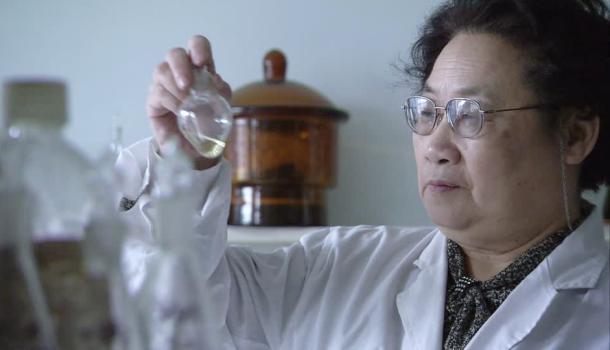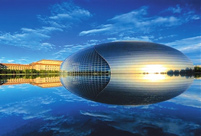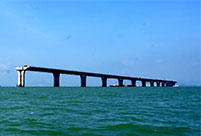


The Nobel Committee announced on October 5 that three scientists were awarded the Nobel Prize in Physiology or Medicine for discovering “therapies that have revolutionized the treatment of some of the most devastating parasitic diseases”. Chinese scientist Tu Youyou is among the three awarded.
This is the very first time a Chinese scientist wins the laureate of Nobel, and this is also the highest prize so far in the field of medicine in China.
Tu Youyou is to obtain half of the $920,000 award, and the other half will be evenly divided between Irish-born scientist William C. Campbell and Japanese scientist Satoshi Omura, who jointly discovered “a novel therapy against infections caused by roundworm parasites”.
Tu, 85 years old, is awarded for the discovery of Artemisinin, a drug that has significantly reduced death rates from Malaria.
China hails the laureate when news came on Monday, but not without reflection.
Without a doctor degree, without studying abroad, without membership of Chinese Academy of Sciences (CAS), Tu was jokingly called “Three-Without Scientist”. Whereas the former two “withouts” are due to the historical reasons of Cultural Revolution, being rejected by CAS as its member requires reflective thoughts.
Is it because Tu is disqualified in her research to be a CAS member? Apparently not.
Tu is a typical lab scientist who is socially awkward. She is frank about her disapprovals and disinclined towards bootlicking. If such characteristics cannot fully account for her being rejected by CAS, they can at least say something about her integrity as a scientist.
As “the highest academic title in science and technology funded by the nation”, membership of CAS is the weathervane of the scientific field. It is not the Shakespearian question of “What’s in a name”, but the question of authority and respectfulness of CAS, and the question of justifiably assessing the passion and achievements of our scientists. In a more worldly sense, it is about the fund and thus the direction in which the smartest brains of our nation dedicate.
A scientist who is not institutionally admitted wins the highest international acknowledgement. It is high time we reconsider our standards and procedure of granting membership of CAS.
 Top 10 nominated designs at BJDW
Top 10 nominated designs at BJDW Fashion show staged in Forbidden City at night
Fashion show staged in Forbidden City at night Construction of HK-Zhuhai-Macao Bridge enters final stage
Construction of HK-Zhuhai-Macao Bridge enters final stage Model of heavy-lift copter makes debuts at Tianjin expo
Model of heavy-lift copter makes debuts at Tianjin expo Art photos of Chinese beauty in Han Chinese clothing
Art photos of Chinese beauty in Han Chinese clothing Stunning photos of air show in China’s V-Day parade
Stunning photos of air show in China’s V-Day parade Models change clothes on street in Hangzhou
Models change clothes on street in Hangzhou Charming Chinese female soldiers
Charming Chinese female soldiers Beauty vs. muscular man
Beauty vs. muscular man Rising to the challenge
Rising to the challenge Rand report echoes Cold War mind-set, overstates threats
Rand report echoes Cold War mind-set, overstates threats Inland nuke plants crucial to energy future
Inland nuke plants crucial to energy future Communist confrontation
Communist confrontationDay|Week